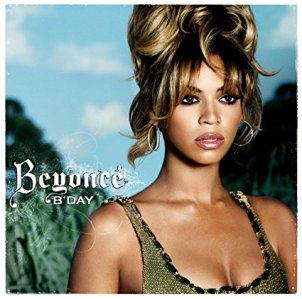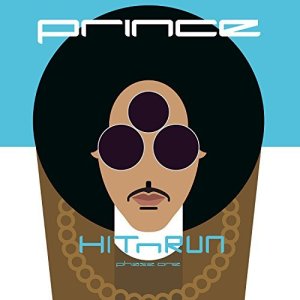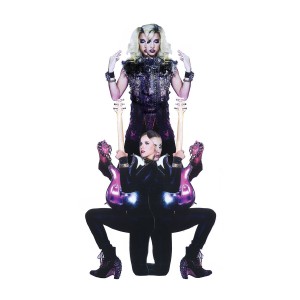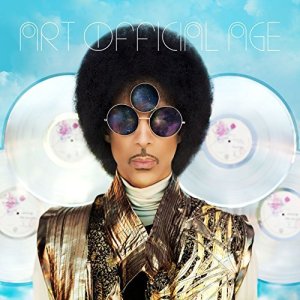147. Beyonce, B’Day (2006)

It’s difficult to get through a discussion of the 2000s (or the 2010s, for that matter) without mentioning Beyonce; she is, like it or not, pop royalty, the sort of artist you mention in the same breath as the world-busters, as the Princes and Madonnas and Michael Jacksons. In fact, for folks of a certain generation, zeroing in on the phenomenon that remains Beyonce Knowles is the closest you can get to explaining the scope of MJ’s popularity; she boasts a level of cultural iconography that transcends race and sex and social standing. And, like the best of these artists, Beyonce is no slouch in the recording department: she released three solo records in the aughts, one of them a double-disc effort, and they’re all some degree of worthwhile. Somewhere between Dangerously In Love‘s mechanical pop machine and I Am…Sasha Fierce‘s peak-and-valley sprawl, though, lies the underrated B’Day, an album so fierce and tight that it could have been a Betty Wright or Tina Turner record in a different universe.
The album roars to life with the irrepressible “Deja Vu”, a “Crazy in Love” redux down to the Jay-Z feature, the clattering percussion, the staccato horn-section pumps; it arguably grooves harder than its mega-hit big sis, even if it’s hardly as culturally iconic. Better than either one? “Get Me Bodied”, a sparse, clattering, Swizz Beatz-curated banger that sees a sweat-slicked, hair-down Beyonce seamlessly navigating the negative space between Lil’ Jon and Tina Turner with a deliriously great vocal; listen to the “a little sweat ain’t never hurt nobody” and “while y’all standin’ on the WALL” one-two combo and tell me B doesn’t have some of the best phrasing in the business.
Later, Beyonce applies the same conceit to “Ring the Alarm” — draping a perfect vocal over a skeletal, almost-minimalist composition to great affect — this time committing to the most frenzied, hellfire-scorched, woman-scorned anthem since Kelis hated you so much right now. And it’s a barnburner, too, highlighting another one of B’s strengths as a singer: the elastic vocals are a plus, but she applies them with vein-popping conviction. If Beyonce songs had a Mount Rushmore, “Ring the Alarm” would be forever etched in granite.
This is where Beyonce excels on B’day; on this album more than any other, she’s in her bag when she’s mining heartbreak for rage. Listen to the mid-tempo “Irreplaceable”, draped in pleasant acoustic chords and a clattering drum track; it’s a classic kiss-off, for sure, a spiritual and music cousin to Rihanna’s immortal “Take A Bow”, but it’s a thing of beauty to watch Beyonce spin betrayal into defiance. She sings “I can have another you in a minute” first in a delicate, uncertain falsetto and subsequently in a full-bore wail. It crystallizes what she does best as a vocalist: through phrasing and subtle shifts, her performances double as theatrical drama. (See also sparse closer “Resentment”, wherein Bey winds a by turns wounded and vicious vocal performance around a warm, fluttering acoustic.)
Which isn’t to say that Ms. Knowles forsakes the art of the banger here: on the contrary, B ramps up the tempo on enough delirious dance jams to keep the pace varied here, which saves B’day from being a little too reflective and wounded. The aforementioned one-two of “Deja Vu” and “Get Me Bodied” is the best possible distillation of B’day‘s party aesthetics, but I’m also quite fond of “Freakum Dress”, which threatens to turn into a “Crazy In Love” before morphing into another typically elastic, frenzied Beyonce vocal. “Green Light”, on the other hand, sounds an awful lot like “Milkshake” until it unleashes stomping drums and a bleating brass section to the mix.
To date, B’day is Beyonce’s finest hour: her every album, typical of an artist of her stature, is some degree of worthwhile, but she never perfected the mix as well as she did here. By turns danceable, funny, fraught, frenzied, pensive, kinetic, and edgy, it’s the sound of an iconic artist firing on all cylinders.








